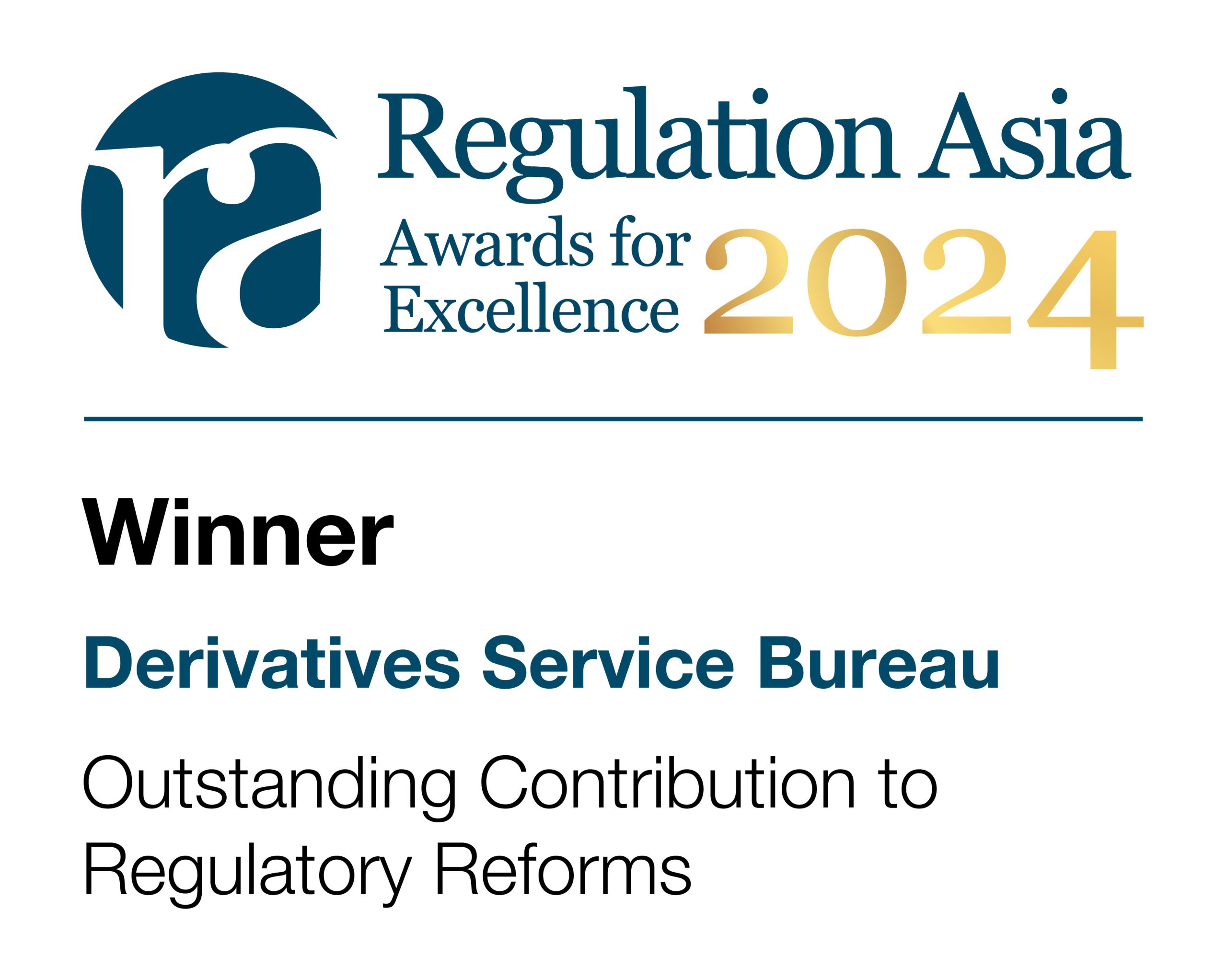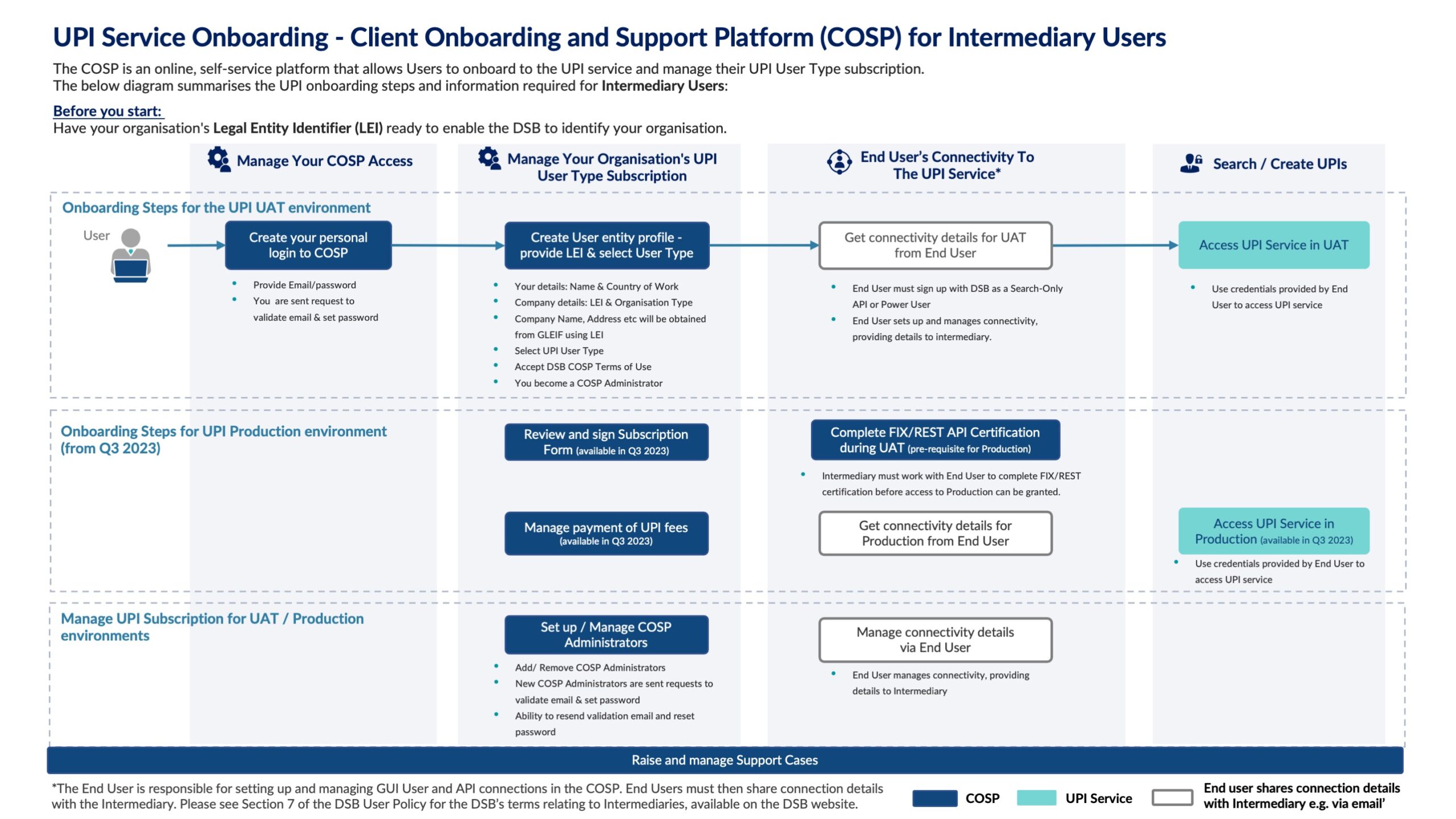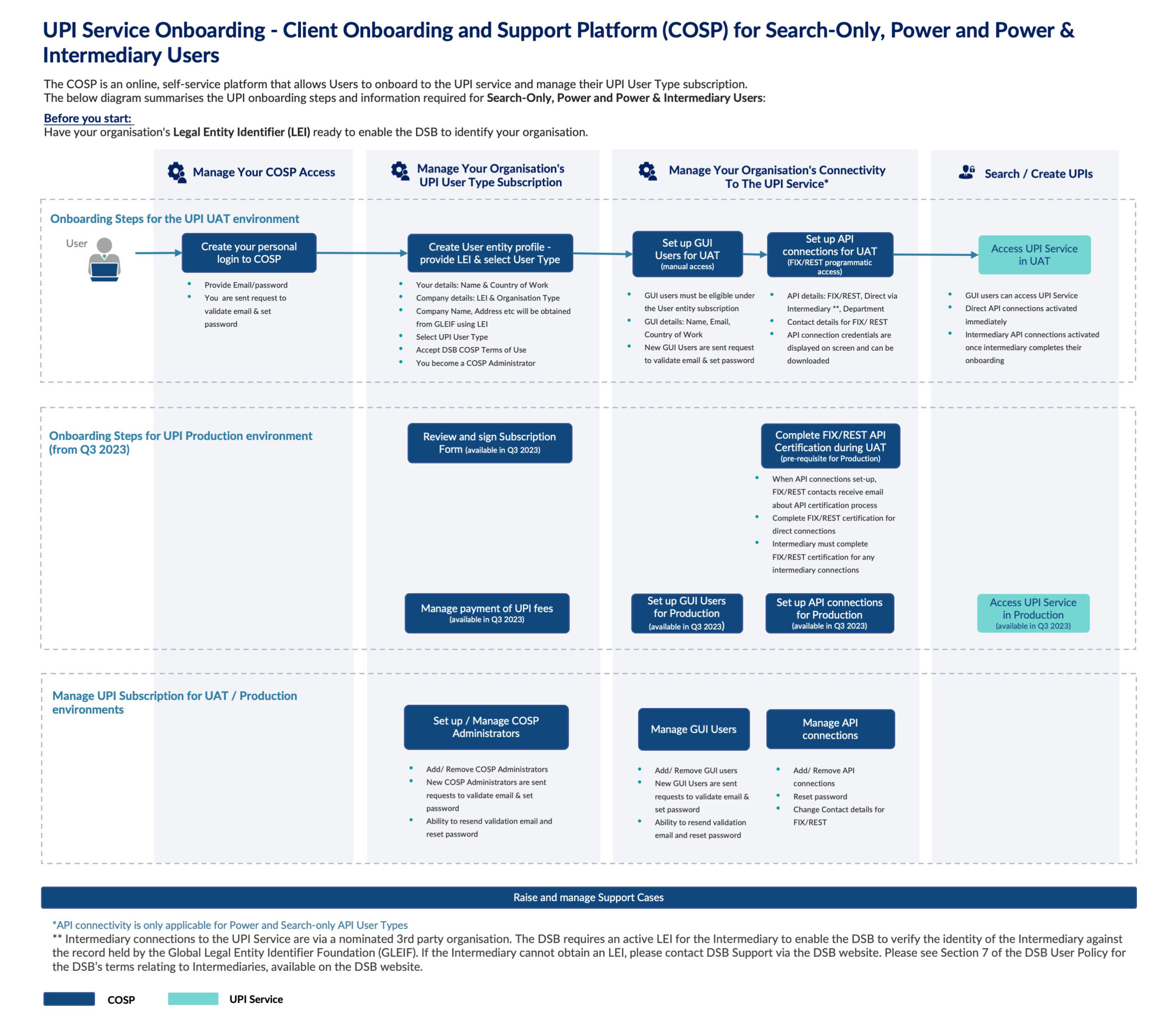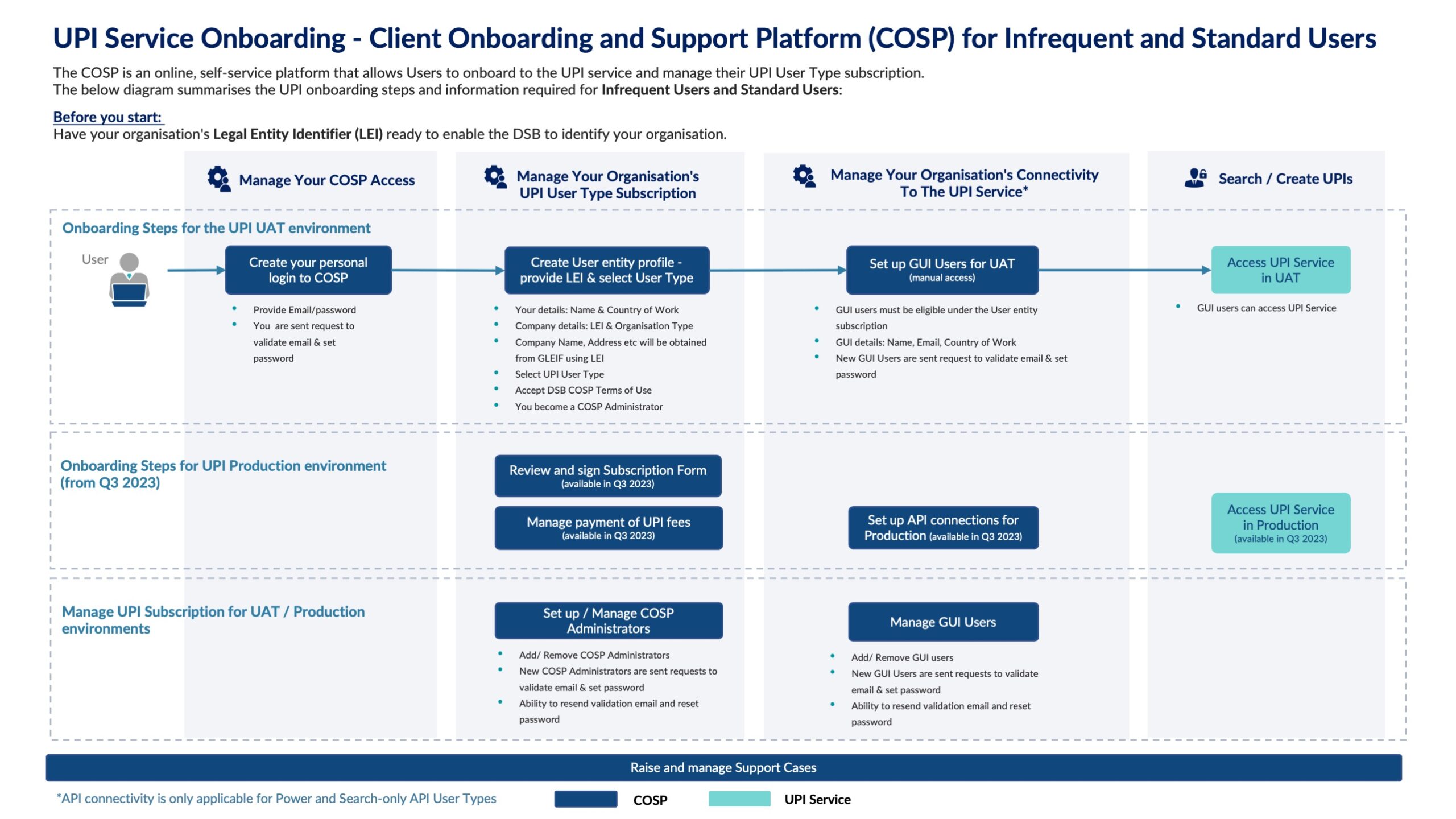Published by Malavika Solanki
OTC ISIN creation and search trends remain consistent with prior months, with the sell-side and venues creating approximately equal numbers of Rates and FX ISINs, and the sell-side dominating most other OTC ISIN creation activity.
The data below sets out highlights of activity from launch of the DSB service on 2 October 2017, through to cob 28 February 2020.
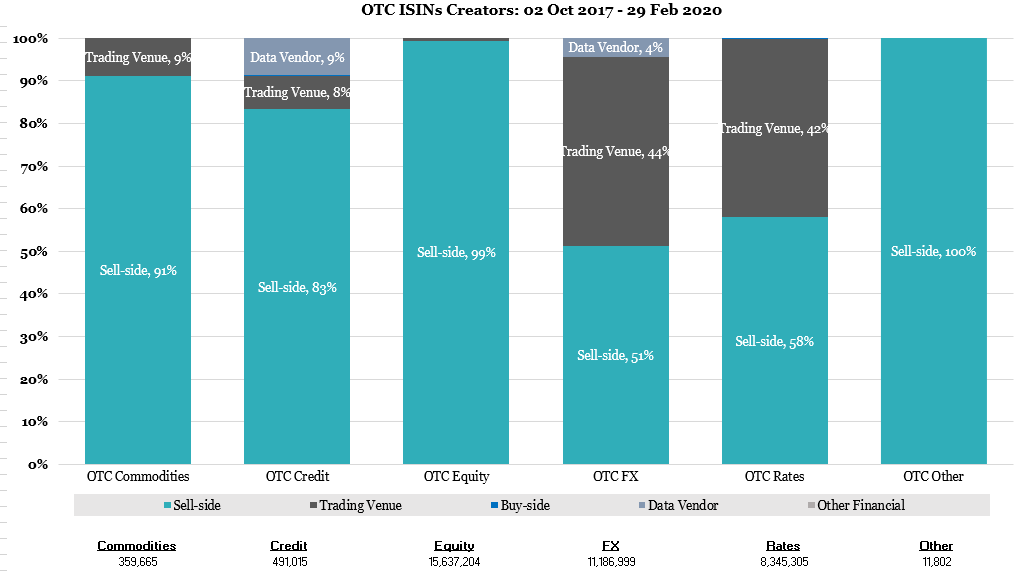
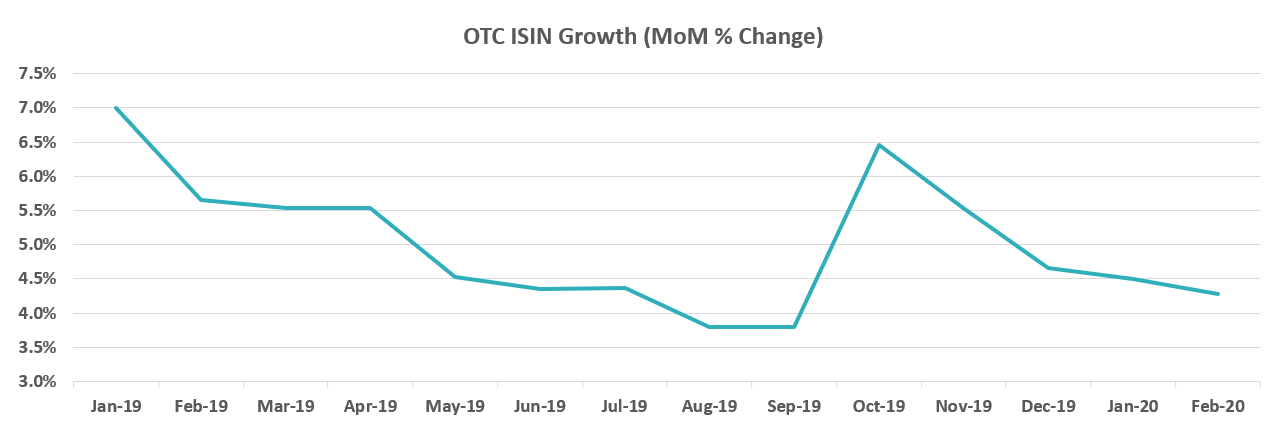
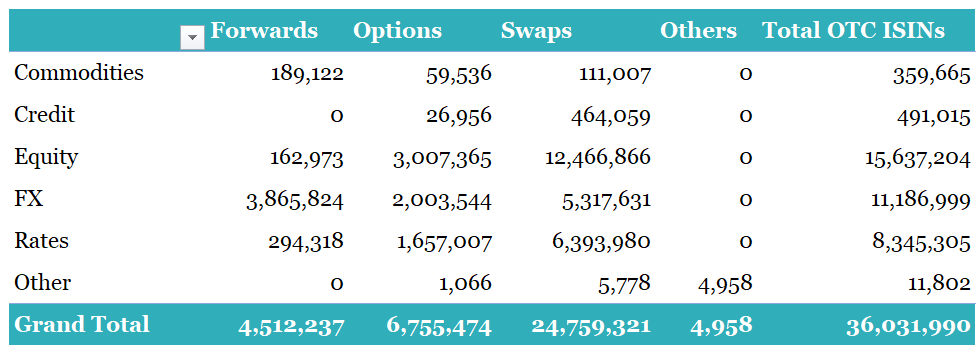
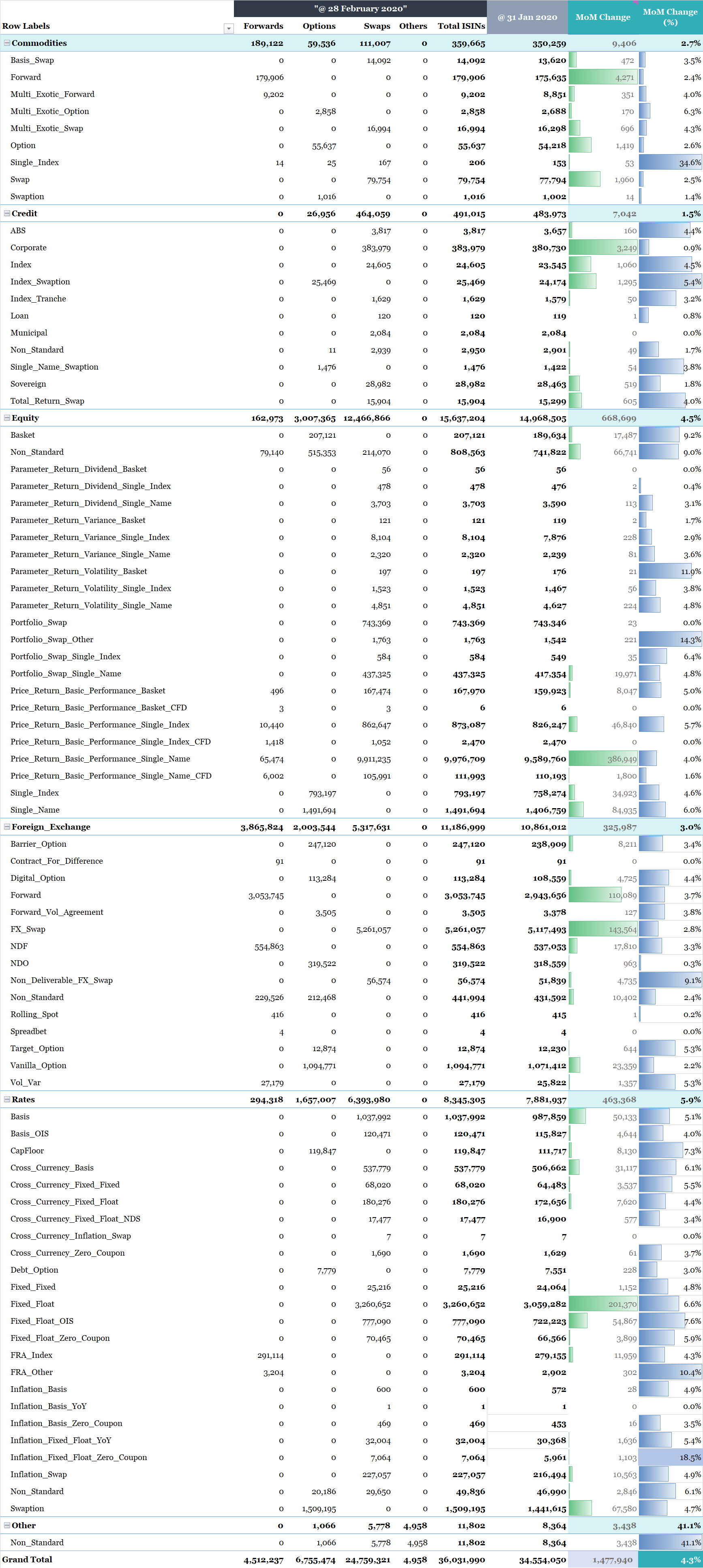
Published by: Malavika Solanki
OTC ISIN creation activity held steady last month, with a 4% increase in the total number of OTC ISINs now available for use. While most headline data remained largely unchanged, there were a few notable exceptions at an instrument level, as listed here:
More OTC ISINs created in Jan 2020 (than the prior month):
- Commodity Swaptions
- Corporate and Municipal CDS
- Equity Options & Swaps on Indices and Baskets – for a range of instruments
- FX – Barrier Options, Forward Vol Agreements and FX Swaps
Fewer OTC ISINs created in Jan 2020 (than the prior month):
- Non-Standard CDS
- Equity Single Stock Swaps – for a range of instruments
- FX Forwards
- Rates – most instruments
Readers interested in understanding the types of institutions that search the DSB database for information should review the metrics published in September 2019. All other metrics – for creation and search activity – have been refreshed for December month-end and are available below.
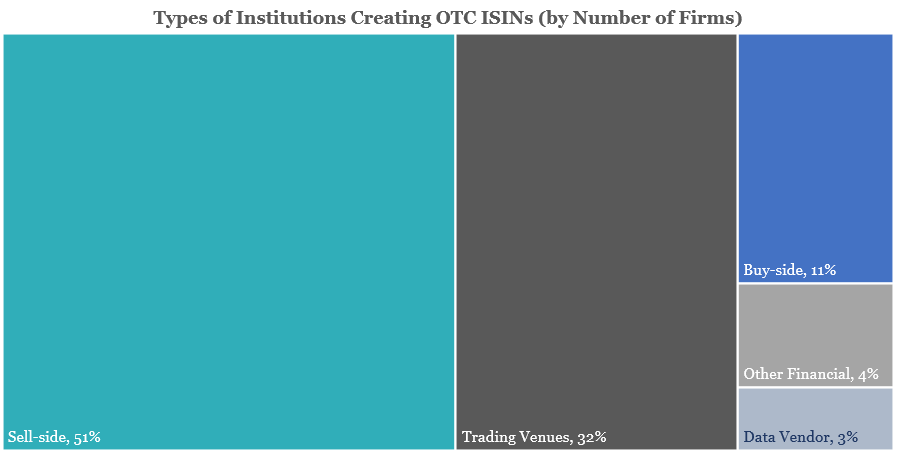
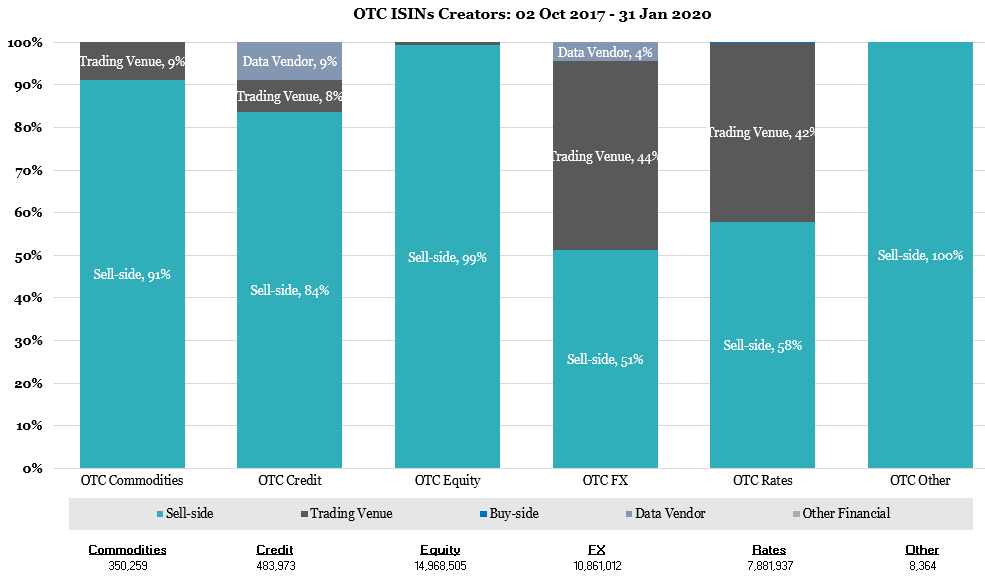
Broad asset class trends are consistent with the previous month.
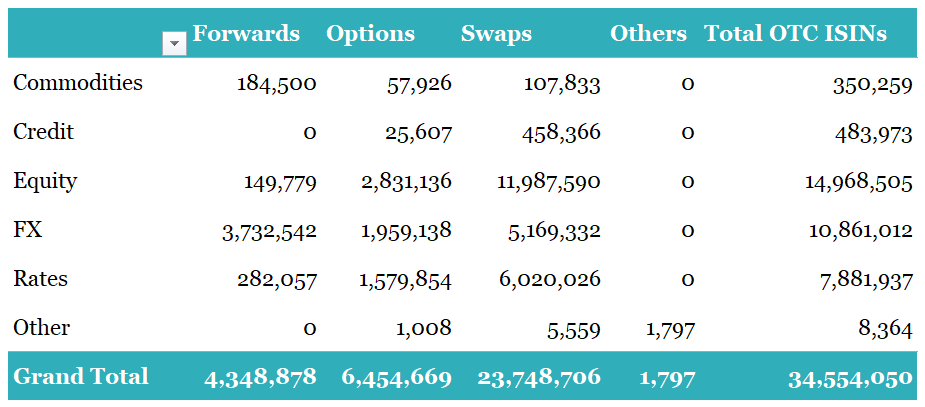

Month on Month (MoM) changes in both absolute and relative terms show variations in the number of new OTC ISINs at product level.
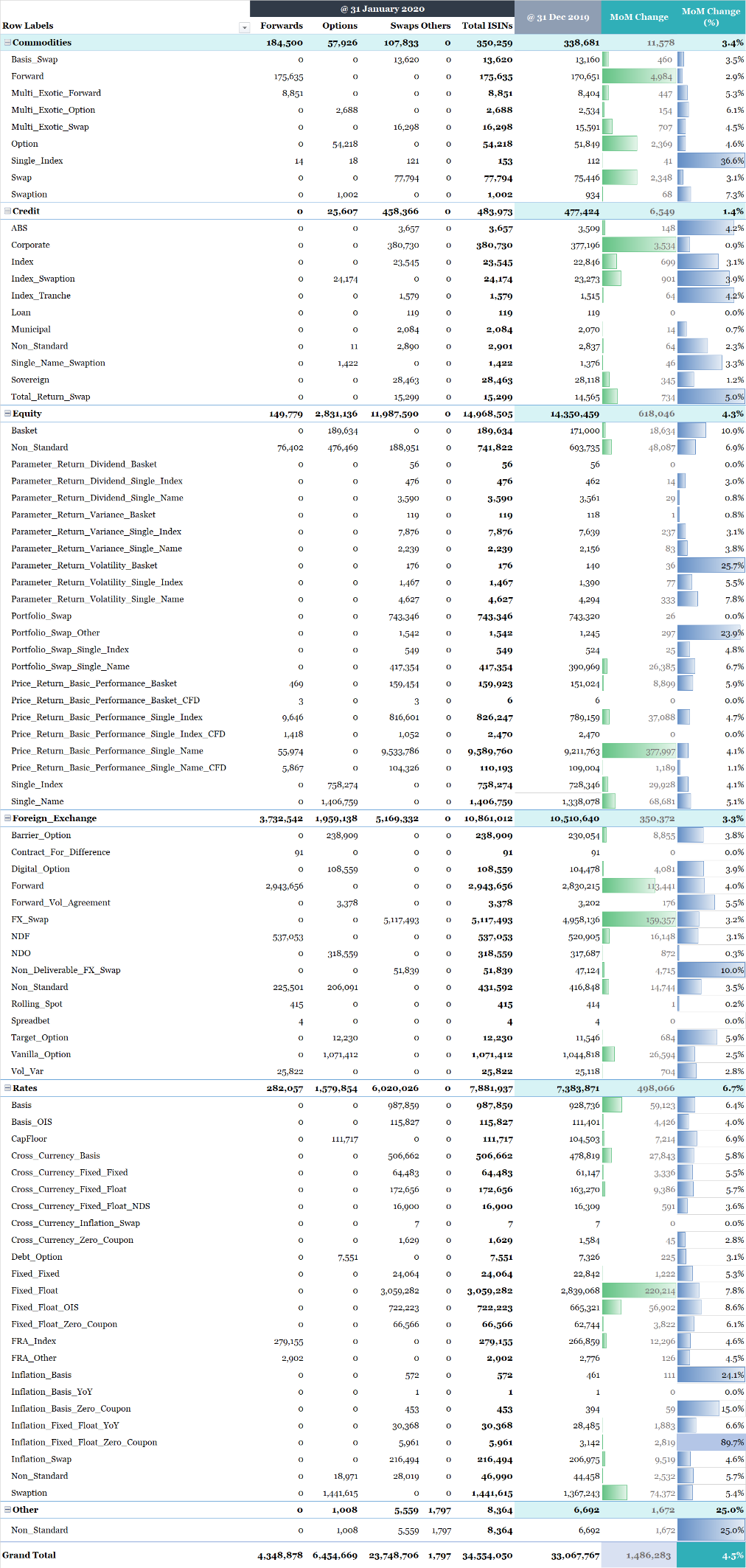
Search Trends: Search activity in the DSB database increased marginally in the month of February, largely driven by higher volumes of API “Retrieve ISIN Record by Attribute” messages. Highlights include:
- FIX remains the dominant messaging protocol when interacting with the DSB – 75% of all search messages sent to the DSB using the FIX protocol
- GUI users make most use of the “Search for ISIN Records by Attributes” message and are the most common type of DSB user although they submit only 2% of all search requests
END









